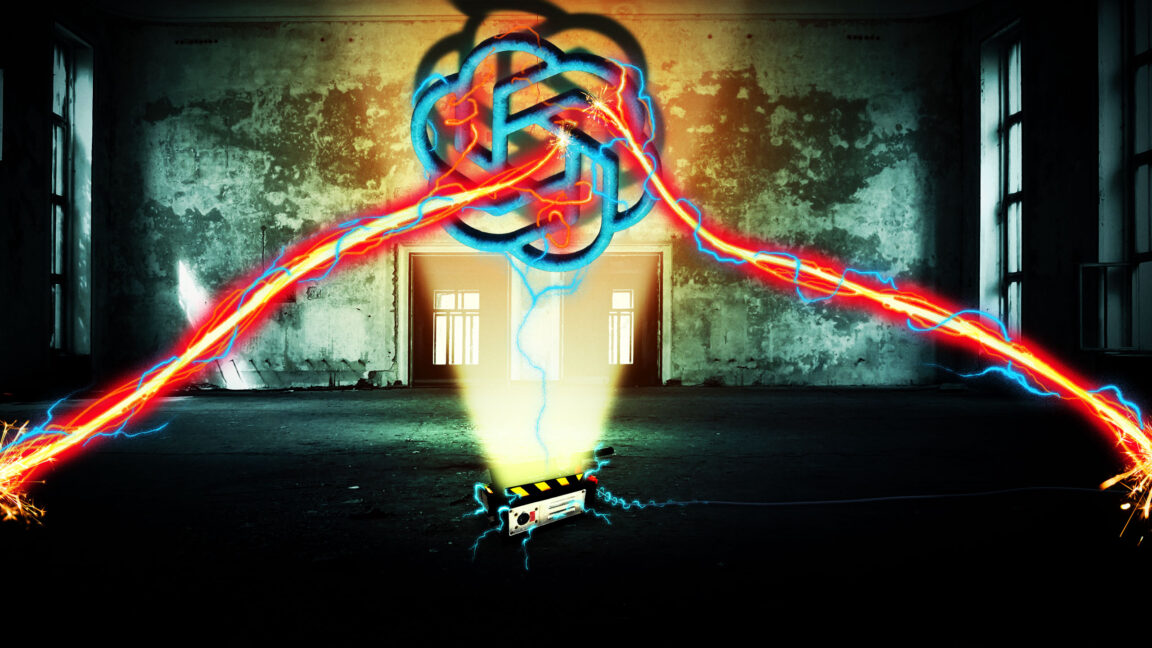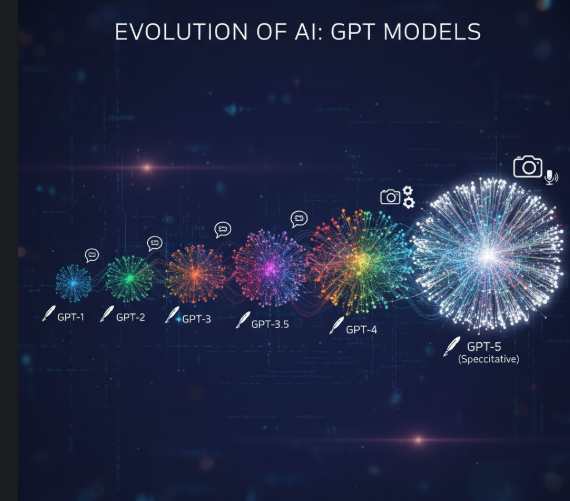Introduction to AI Resurrections
The concept of creating digital replicas of deceased individuals using artificial intelligence (AI) has raised several concerns regarding contract, property, and intellectual property rights. According to Sheehan, an expert in the field, the use of AI replicas without authorization could lead to issues with right of publicity.
Legal Protections for Celebrities and Everyday People
Sheehan suggested that there are likely more protections for celebrities than for everyday people when it comes to AI resurrections. However, as far as she knows, there is no law preventing unauthorized non-commercial digital replicas. This lack of legislation means that individuals may not have control over how their digital likeness is used after they pass away.
Existing Laws and Their Limitations
The Revised Uniform Fiduciary Access to Digital Assets Act, which governs who gets access to online accounts of the deceased, could be helpful but isn’t a perfect remedy. This law doesn’t directly cover someone’s AI ghost bot, though it may cover some of the digital material used to create a ghost bot.
Requests for "No AI Resurrections"
Absent any law blocking non-commercial digital replicas, Sheehan expects that people’s requests for "no AI resurrections" will likely be dealt with in the courts and governed by the terms of one’s estate plan. Those potential fights could get hairy, as it may be some time before we get any kind of clarity or uniform law surrounding this.
Future of Estate Planning and AI
In the future, Sheehan said, requests prohibiting digital replicas may eventually become "boilerplate language in almost every will, trust, and power of attorney," just as instructions on digital assets are now. As "all things AI become more and more a part of our lives," Sheehan said, "some aspects of AI and its components may also be woven throughout the estate plan regularly."
Requests for "No AI Resurrections" Will Likely Be Ignored
Whether loved ones would—or even should—respect requests blocking digital replicas appears to be debatable. But at least one person who built a grief bot wished he’d done more to get his dad’s permission before moving forward with his own creation.
Conclusion
The creation of digital replicas using AI raises several concerns and questions about the rights of the deceased and their loved ones. As the use of AI becomes more prevalent, it is essential to establish clear laws and guidelines regarding the use of digital replicas. Until then, individuals may need to rely on their estate plans to dictate how their digital likeness is used after they pass away.
FAQs
Q: Is there a law preventing unauthorized non-commercial digital replicas?
A: As far as we know, there is no law preventing unauthorized non-commercial digital replicas.
Q: How will requests for "no AI resurrections" be handled?
A: Requests for "no AI resurrections" will likely be dealt with in the courts and governed by the terms of one’s estate plan.
Q: Will requests prohibiting digital replicas become a standard part of estate planning?
A: Yes, in the future, requests prohibiting digital replicas may eventually become "boilerplate language in almost every will, trust, and power of attorney."











